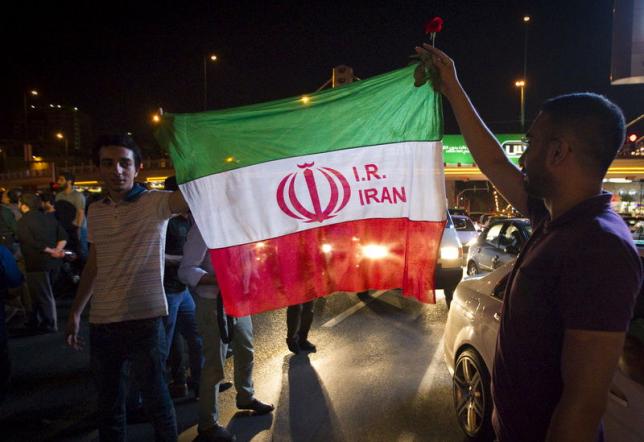
With the sanctions on Iran lifted after the nuclear deal it signed with Western powers last month, the country can now access more than $100 billion in frozen assets lying with banks in countrires including India and Japan.
"These assets have fully been released and we can use them," government spokesman Mohammad-Baqer Nobakht told Iran's Alalam television network on Sunday night, reported Press TV.
A large part of the money is from the sale of Iranian oil and has been accumulating in banks in India, Japan, China, South Korea and Turkey over the years.
These countries are holding the funds in escrow accounts as they have not been able to remit as a result of the sanctions imposed on Iran. While the Iranian government owns about $7 billion, the rest belongs to the Central Bank and the National Development Fund, said Nobakht.
But the country wants to tread cautiously and does not want to pump the entire money into the domestic economy, fearing inflation.
"There is no need to bring the money in. It is likely that a certain amount which is needed is brought in. But altogether, it is not necessary because we can use it in our (overseas bank) accounts," he said.
The Press TV also reported that Iran's central bank has made progress in recovering the $2.7 billion owed by Royal Dutch Shell to the country for oil supplies during 2011 and 2012, besides initiating moves to recover about $2 billion held in Citibank accounts in New York.
Iran had recently asked India to deal directly with the state-owned National Iranian Oil Company (NIOC), ignoring middlemen.
"It has recently come to our knowledge that Iranian crude oil has been offered to some Indian customers through some parties rather than National Iranian Oil Company," wrote Seyed Mohsen Ghamsari, the director for international affairs at NIOC, according to Reuters, which claimed to have seen the letter.
The Persian country's current oil production is around two million barrels per day.










